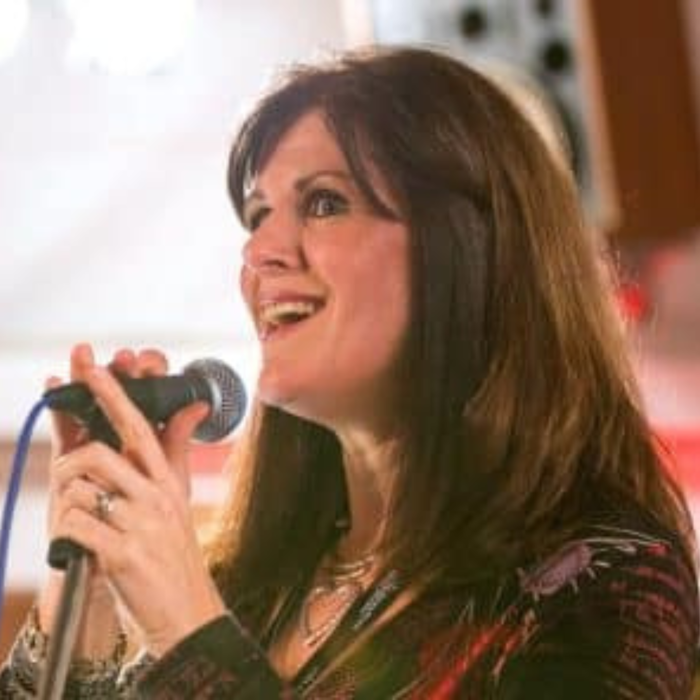The Nature Of Empathy And Its Relevance For Voice Work
Thursday 10th June 2021, 5:00 PM - 7:00 PM (London Time)
How do we sense, understand, and respond to other people’s feelings? What neurobiological, situational, and sociopolitical influences modify these reactions? In the pandemic era, how have online interactions and social distance modified our capacities for empathy? Can empathy be trained; can it go too far; and does it always lead to helpful action? This presentation will combine research from animal studies, neurology, and social psychology, plus real-life examples, leading to suggestions for effective teaching and impactful artistry.
DEFINITIONS: WHAT IS EMPATHY?
Terminological problems
Three recognized components: Somatic; Cognitive; Action-oriented
SOMATIC OR EMBODIED EMPATHY
Neurobiological mirroring of others’ feeling-state
- Influence of sensitivity to own feeling-state
- Influence of kinship and close social bonds
- Relevance of boundaries: whose feelings are whose?
COGNITIVE EMPATHY
Thinking about, imagining, or mentally assuming how someone else feels
- Influence of group affiliation, moral judgment, and cognitive bias
- Importance of active listening and verbal confirmation
COMPASSIONATE ACTION
The choice to relieve others’ distress, or to withdraw
- The difference between caring and making a difference
- How the arts may inspire action—or not
THE TRAINABILITY OF EMPATHY
- Subjective, experiential training
- Objective, formal training
- How compassionate action can feed-back into feelings
- How screens (virtual world) help or hurt
IMPLICATIONS FOR THE ARTS AND ARTS TEACHERS
- Empathy enhances learning
- Empathy touches audiences
- The importance of self-care
- The importance of community
- Life after lockdown: empathy at home, in classrooms, and in the wider world
Joanna Cazden
Joanna Cazden, MFA, MS-CCC is a speech pathologist specializing in vocal arts rehabilitation, now in private practice after 18 years as senior voice clinician...
Sorry, this is an archived short course...
We have plenty of upcoming short courses coming soon. See details of some of them below or look at the full list of short courses.

Thursday 26th June 2025
5:00 PM - 7:00 PM
Tuesday 1st July 2025
5:00 PM - 7:00 PM
(London Time)
The Contemporary Classical Singer: Incorporating New Music into Vocal Pedagogy!

Page Stephens
There are evolving expectations for vocalists, who now need to perform in a variety of styles beyond traditional classical music. In this two-part course, Page Stephens argues that voice teachers should incorporate contemporary repertoire and techniques into their lessons to help singers grow in expressivity, flexibility, and economic opportunities. The course will cover industry trends, cultural pressures, and economic benefits of contemporary music, and provide tools for integrating new music into vocal education. Interviews with professionals will highlight the strengths and weaknesses observed in the field, and strategies for teaching new music will be discussed.


Wednesday 2nd July 2025
2:00 PM - 4:00 PM
(London Time)
The identity politics of accent learning!

Jenru Wang
Jenru Wang has an MFA in Voice Studies with distinction from The Royal Central School of Speech and Drama in London - in this session, he will begin to explore the complexities accent coaches might face in their work, examining the intersection of language, identity, and cultural sensitivity. Participants will explore how to navigate challenging situations in different contexts and understand what to do—and avoid—when working with diverse clients and materials.


Thursday 3rd July 2025
5:00 PM - 7:00 PM
(London Time)
Vocal “Decathletes” – inside the hidden world of Session Singing!

Kim Chandler
What is a session singer? Officially it’s a freelance, short-term “singer for hire” brought in to be part of a live or recorded musical project. However, it’s more generally understood to be the “behind-the-scenes” singer who is regularly booked for paid recording work. The type of work (and pay) varies a lot. Session singing is a side of the music industry that is largely hidden from the public and isn’t easy to find out much about, even online. Join Kim Chandler as she unpicks this topic, based on 35 years of session singing!
